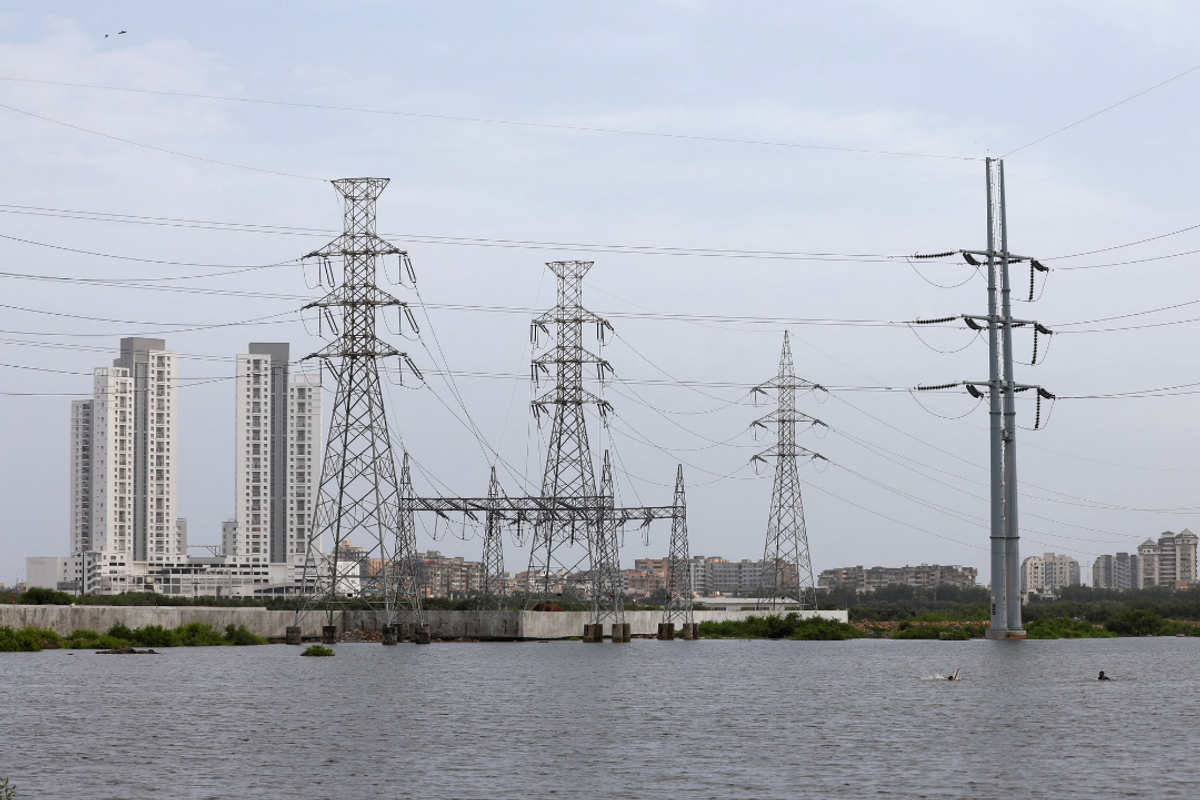K-Electric launches Pakistan’s first-ever listed short-term retail sukuk
The debt instrument aims to broaden investor participation, offering tax benefits and ethical investment options
Business Desk
The Business Desk tracks economic trends, market movements, and business developments, offering analysis of both local and global financial news.

Power transmission towers are pictured in Karachi, Pakistan July 26, 2022
Reuters
K-Electric has launched Pakistan’s first listed short-term Islamic debt instrument for retail investors, marking a milestone in the country’s sukuk market and aiming to broaden investor participation in the capital markets.
The KE Retail Sukuk, structured under the Shirkat-ul-Aqd model, will begin its initial public offering (IPO) phase on August 4. The offering follows a successful pre-IPO round of PKR 1 billion, which targeted industrial and large commercial consumers as well as high-net-worth individuals, the company said in a statement.
During the ongoing IPO blackout phase, only individuals are permitted to invest. Beginning August 18, the offer will be open to all investor classes, including asset management companies.
“This new first-ever short-term retail sukuk further reinforces KE’s leadership in financial innovation and capital market engagement,” said K-Electric CFO Muhammad Aamir Ghaziani. He noted that the company has a track record in the sukuk space, having issued PKR 6 billion in KE AZM Certificates in 2014 and the country’s largest listed long-term sukuk of PKR 25 billion in 2020. Since January 2022, KE has floated 33 short-term, privately placed Shirkat-ul-Aqd sukuks to meet working capital needs.
The KE Retail Sukuk is intended to offer an attractive investment opportunity with high returns and tax advantages. Investors can also opt for a bill adjustment feature, allowing residential and commercial customers to offset their monthly electricity bills with sukuk profits.
To ensure Shariah compliance, the sukuk structure has been reviewed and approved by three advisory boards: HBL Shariah Board, ASAS Shariah Advisory Services, and Mufti Ali Asghar.
“Through this sukuk, investors can directly participate in KE’s core business operations related to electricity provision,” Ghaziani said.
Sukuk holders will receive profit disbursements via bank transfer unless they choose the bill adjustment option. KE said the product is part of its broader strategy to enhance financial innovation and support investment in Karachi’s power infrastructure.
Pakistan’s corporate sukuk market remains heavily tilted toward privately placed instruments, which make up PKR 153 billion, or just 9% of total sukuk issuances. In contrast, sovereign sukuk dominate the landscape with PKR 1.7 trillion, or 91%. KE hopes its retail sukuk will help encourage wider public engagement in Islamic capital markets.










Comments
See what people are discussing